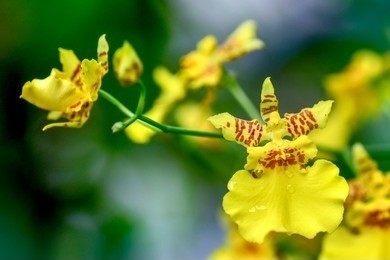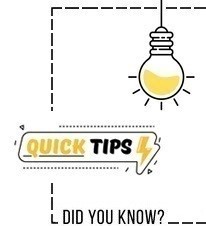Oncidium Plant Tissue Culture
 Oncidium orchid flowers
Oncidium orchid flowers
Our stable tissue culture system is the golden finger
to win the trust of our customers
Oncidium is a large genus of orchids with more than 750 native species, mainly distributed in tropical and subtropical regions of Central and South America, such as the United States, Mexico, Paraguay, Peru, Brazil, Jamaica, Argentina, etc. Oncidium is a compound-stemmed aerial orchid with a wide variety of morphology. According to the morphology of leaves, Oncidium can be divided into thin-leaved species, thick-leaved species, and sword-leaved species.
The flowers of Oncidium vary greatly from miniature to large flowers, and are colorful and rich in color, not only the common yellow and brown, but also green, white, red, magenta, and brown, or a variety of colors mixed to form patterns or patches (dots), which has high ornamental value and is also excellent breeding material.
Domestication is not only an important way to breed Oncidium but also provides an important technical tool for ex-situ conservation of germplasm resources.
In addition to interspecific crosses within a genus, intergeneric crosses can be made with closely related genera, and many varieties with excellent traits can be produced.
- Genetic engineering breeding
Genetic engineering techniques can be used to study specific genes related to flower color, disease resistance, flowering regulation, and fragrance.
Tissue culture service
Oncidium is one of the most important potted and cut flower species in the world because of its wide adaptability, rich flower color, unique flower shape, and long ornamental period. To meet the increasing market demand, CD BioScience is using various methods to breed Oncidium, such as tissue culture technology, in addition to the traditional cross-breeding method.
Selection of explants (related to the target material)
Based on our extensive experience, we recommend that you preferably save flower spikes, stem tips, pedicel buds, root tips, young leaves, pseudobulbs, and other tissues of plants and provide them to our staff as explants for culture experiments.
Note: Please back up your experimental materials beforehand, and contact our staff immediately for an accurate response if you have any special needs.
Commonly used culture media
MS medium, 1/2 MS medium, VW, N6, modified KC, etc.
Frequently used exogenous hormones
6-BA, KT, TDZ, Ad, NAA, IAA, IBA, 2,4 -D, etc.
Other additives
Sucrose, maltose, fructose, glucose, trehalose, etc., coconut juice, banana juice (puree), potato juice (puree), apple juice (puree), and hydrolyzed milk protein, yeast extract, etc.
You want to sign a confidentiality agreement.
You have a specific plant species for your experimental needs.
You have a reliable and relevant cooperation project to discuss.
You are very interested in our project or have any questions.
You need an updated and detailed quotation.
For research or industrial use.

 Oncidium orchid flowers
Oncidium orchid flowers
